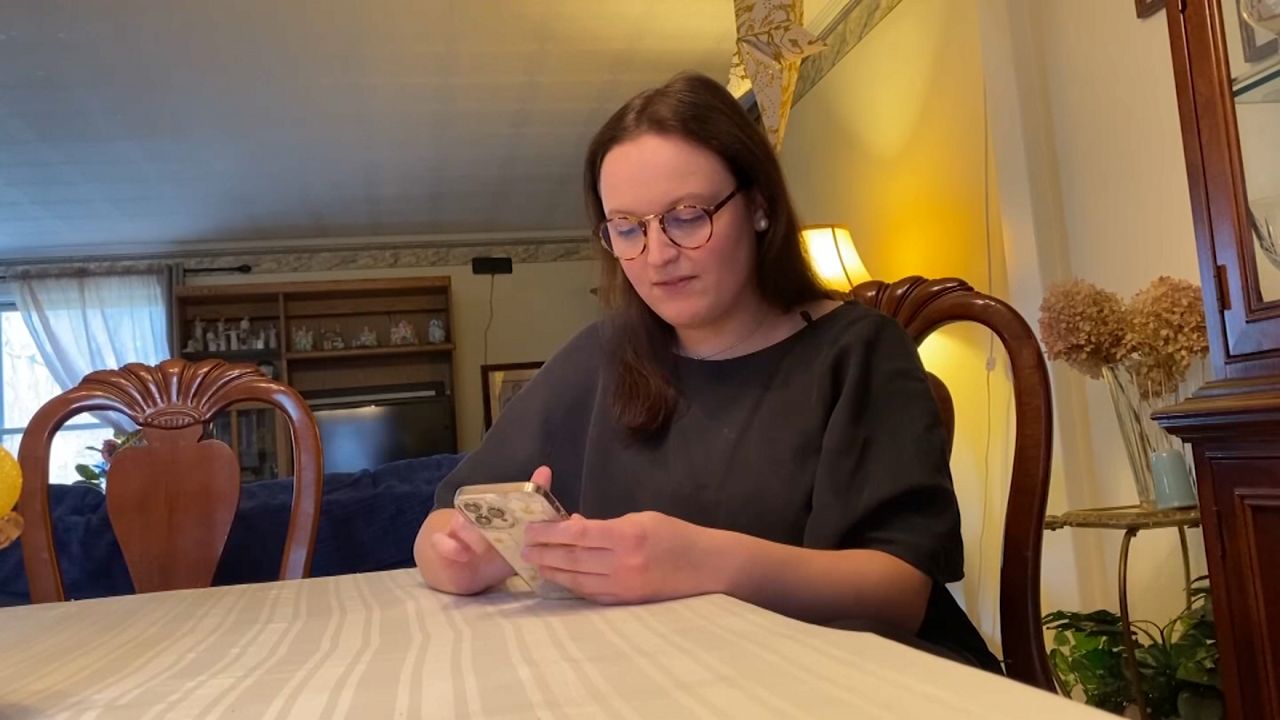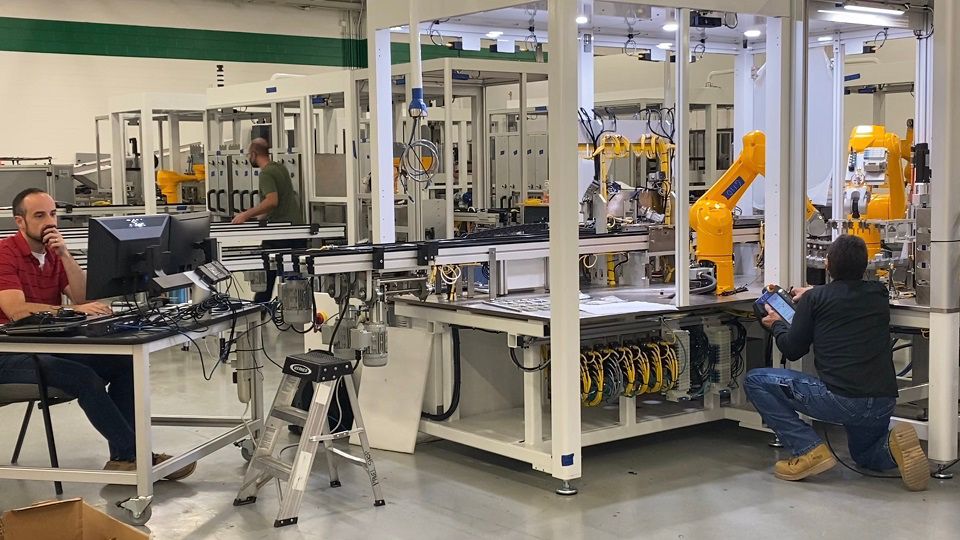Experts say thousands of perfectly good used phones, laptops and other devices are being ground up and recycled — instead of being sold secondhand. It has to do with Apple’s strong security on those devices.
A big building in Brockport is where old technology finds new life. Laptops, cell phones and tablets.
“Beautiful new iPad here,” said Adam Shine, president of Sunnking, an electronics recycling company. “It’s one of the newer ones. Pretty thin, pretty nice.”
What’s on a table in front of Shine is worth a lot. Devices worth at least $20,000, he says. But there’s one problem. The devices cannot be recycled and resold because they are locked.
“If it's locked, there's nothing that we can do to unlock it,” said Shine. “And be able to reuse, repair and resell it."
Shine says newer Apple technology prevents anyone but the original owner from unlocking the devices. It means MacBooks, which could be resold for hundreds of dollars, are instead pulled apart and ground up for scrap which is worth just a few dollars. The issue is data. Sunnking has strict policies in place to wipe data from devices before they can re-sell them.
“In the case of the locked phones and locked devices we can access the data, so we can't scrub it,” he said. “Which is why it ends up going through our shredder.”
Sunnking takes in tens of thousands of devices each year. Shine figures at least half of them arrived locked, with no way to unlock them and do a factory reset. There is almost always no way to contact the original owner to access the password.
“It really hurts, frankly,” he said. “It’s wasteful.”
While privacy and data security are important, Shine is surprised. Many in the industry are calling for Apple to try to do something about it. New York recently became the first state in the nation to pass a "Right to Repair" law, which requires manufacturers to make parts available for fixing digital electronic equipment. The law does not address the security issue, meaning thousands of otherwise good devices — will continue to meet an untimely end.
“We’re constantly for ways to extend those life cycles, and continue to use those products for their original intended purpose,” said Shine. And when you have to recycle it, it’s a shame.”







